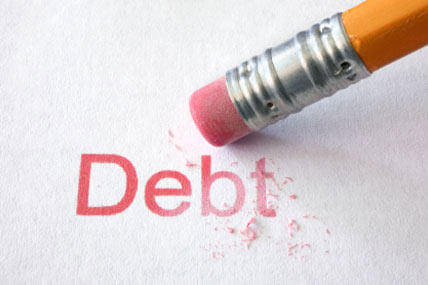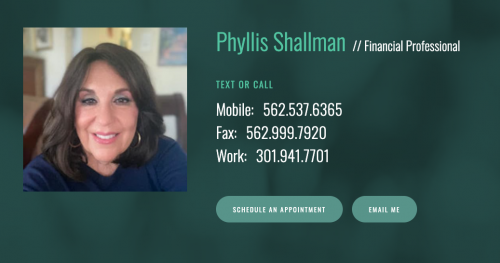Debt is an unfortunate reality for most people in America.
The average household owes $6,000 in credit card debt alone, and the total amount of outstanding consumer debt in the US totals over $15.24 trillion.¹ It’s a burden, both financially—and emotionally. Debt can be linked to fatigue, anxiety, and depression.²
So it’s completely understandable that people want to get rid of their debt, no matter the cost.
But the story doesn’t end when you pay off your last credit card. In fact, it’s only the beginning.
Sure, it feels great to be debt-free. You no longer have to worry about making minimum payments or being late on a payment. You can finally start saving for your future and taking care of yourself. But being debt-free doesn’t mean you’re “free” to do whatever you want and get back into debt again. It means you’re ready to start building wealth, and chasing true financial independence.
For example, when you first beat debt, are you instantly prepared to cover emergencies? Most likely not. And that means you’re still vulnerable to more debt in the future—without cash to cover expenses, you run the risk of needing credit.
The same is likely true for retirement. Simply eliminating debt doesn’t mean you’ll retire wealthy. When you become debt-free, you can put those debt payments towards saving, leveraging the power of compound interest and more to help make your dreams a reality.
But now that you’ve conquered debt, that’s exactly what you can do! You have the cash flow needed to start saving for your future. You can finally take control of your money and make it work for you, instead of the other way around.
So don’t think of being debt-free as the finish line. It’s not. It’s simply the starting point on your journey to financial independence. From here, the sky’s the limit.
² “Data Shows Strong Link Between Financial Wellness and Mental Health,” Enrich, Mar 24, 2021, https://www.enrich.org/blog/data-shows-strong-link-between-financial-wellness-and-mental-health







